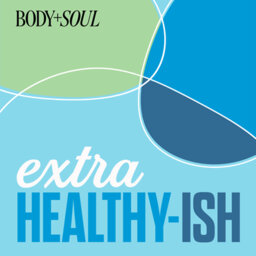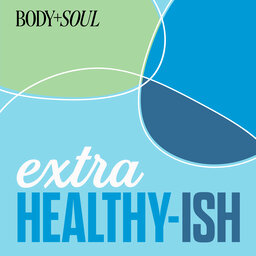The 5-minute formula for a more productive day
Organisational psychologist and executive coach Simi Rayat discusses the significance of a structured morning routine and her simple PRIME formula for a more productive and energised day.
WANT MORE FROM SIMI?
You can find Simi’s book Productivity Joy (Wiley, $21.95) here. Catch her @simirayat_cpsychol or for more on her business Wellbeing Face see here.
WANT MORE BODY + SOUL?
Online: Head to bodyandsoul.com.au for your daily digital dose of health and wellness.
On social: Via Instagram at @bodyandsoul_au or Facebook. Or, TikTok here. Got an idea for an episode? DM host Felicity Harley on Instagram @felicityharley.
In print: Each Sunday, grab Body+Soul inside The Sunday Telegraph (NSW), the Sunday Herald Sun (Victoria), The Sunday Mail (Queensland), Sunday Mail (SA) and Sunday Tasmanian (Tasmania).
 Extra Healthy-ish
Extra Healthy-ish


